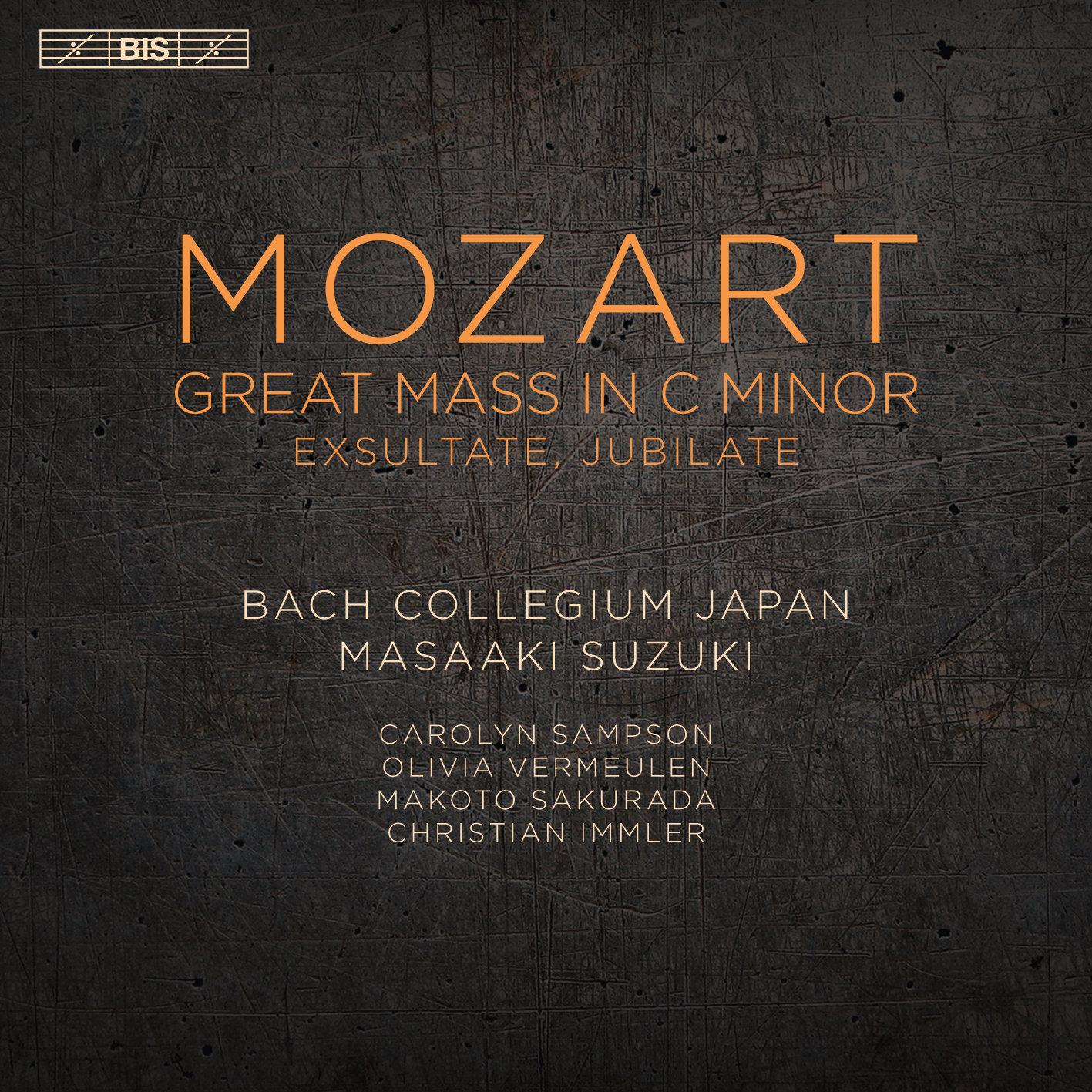Max Bruch
I haven’t written a lot about Max Bruch yet. To be a bit more precise, there is not a single blog entry in 5 years that is dedicated to Max Bruch.
Why is that? Maybe because he’s the 19th century equivalent of the One Hit Wonder. Do you know any work beyond his violin concerto (which is to be precise his violin concerto no. 1, but nobody knows the two others)?
Maybe occasionally you’ll find a recording of Kol Nidrei, a orchestral work with a solo cello part. Even more rarely, you’ll get the Romance in F (sometimes coupled with the violin concerto no. 1).
And beyond this, you have to be a proper classical music buff, if you’ve heard his symphonies, his chamber music works, or even his choral works. All pretty much disappeared today. And by the way, not only today, even while he was alive, Bruch complained that he was always reduced to this work, and apparently became quite bitter about it.
Overall, he should probably not have complained to much, his violin concerto no. 1 is still considered part of the list of the 4 great German violin concertos, the others being Beethoven, Brahms, and Mendelssohn.
So what triggered me to write about this concerto right now? Well a nice coincidence of two of the media I follow for classical music inspiration talked about it at the same time.
The first one is the Swiss radio program Disques en lice, from the French speaking part of Switzerland, which usually compares 6 versions of a given work, with 3 experts in a blind test. If you do speak French, I strongly encourage you to seek this program out, you’ll get it twice per week on their worldwide live stream (select Espace2) or if you are lucky enough to pass through Switzerland, you can even download the podcast (unfortunately the podcast has a rather strict geolocating feature).
So, as mentioned Disques en lice covered Bruch’s concerto on September 23, 2019. At the very same time, the most recent September issue of the French magazine Classica that I subscribe to on my iPad has a monthly section Ecoute en aveugle (blind listening) in which they go through pretty much the entire history of recordings of a given work, select what they believe are the 8 most promising ones, and then again proceed to a blind listening session comparing said 8 recordings.
So, which albums got selected?
Let me start with Disques en lice.
The host, Jean-Luc Rieder, had a hard time choosing, so ended up selecting 8 instead of the usual 6. So during the 2h30 of the program, we compared some legendary classics (Christian Ferras and Jascha Heifetz) from the 1950s, two recordings from the 1980s and 90s, Shlomo Mintz and Kyung-Wha Chung, and four more contemporary versions, notably Renaud Capuçon, Nicola Benedetti, Daniel Hope, and Janine Jansen.
Interestingly enough, the selection by the Classica reviewers Stéphanie-Marie Degand, Fabienne Bouvet and Michel le Naour ended up selecting a choice with only one overlap: Itzak Perlman, Isaac Stern, Nathan Milstein, Maxim Vengerov, Ida Haendel, Isabelle van Keulen, Salvatore Accordo, and the overlap being Mintz.
Now, who won at Classica: the top 3 are Perlman (with Haitink), Stern (with Ormandy), and Milstein (with Barzin). As much as I usually agree with Classica’s reviews, I checked out the winning recording with Perlman, and really didn’t like it.
So, who then is my favourite recording you are going to ask after all this intro?
Well, while often I don’t agree with the winning choices of Disques en lice (I much prefer the winning recordings of the Swiss German equivalent by SRF2, Diskothek im 2.), in this particular case I fully agree with the winning album.
(And allow me to brag a little bit, I actually did recognise that recording blindly, together with my other favourite, Jascha Heifetz).
It turns out to be Janine Jansen’s excellent 2006 recording with Riccardo Chailly and the Leipzig Gewandhaus.

If you’ve been reading my blog for a while, you will have noticed that I’m a big fan of Janine Jansen, nearly as much as of Isabelle Faust. I’ve previously praised her fantastic recording of the Brahms violin concerto with Antonio Pappano, and have even heard her perform said Brahms concerto live with Herbert Blomstedt quiet recently.
This recording is just perfect to me. It combines the appropriate level of romantic engagement with Chailly’s perfect leadership of the magnificent Gewandhaus.
To be fully transparent, this isn’t the first time I write about this album. It is actually featured in my 25 Essential Classical Albums post, but I must admit I focused much more on her Mendelssohn recording in my comment there than on her equally outstanding Bruch.
So you get it, this album is an absolute must have.
And on top of one of the best ever recorded versions of Mendelssohn’s concerto, you even get Bruch’s Romance in F (op. 85).
My review: 5 stars plus…
You can find it here (Qobuz)
























